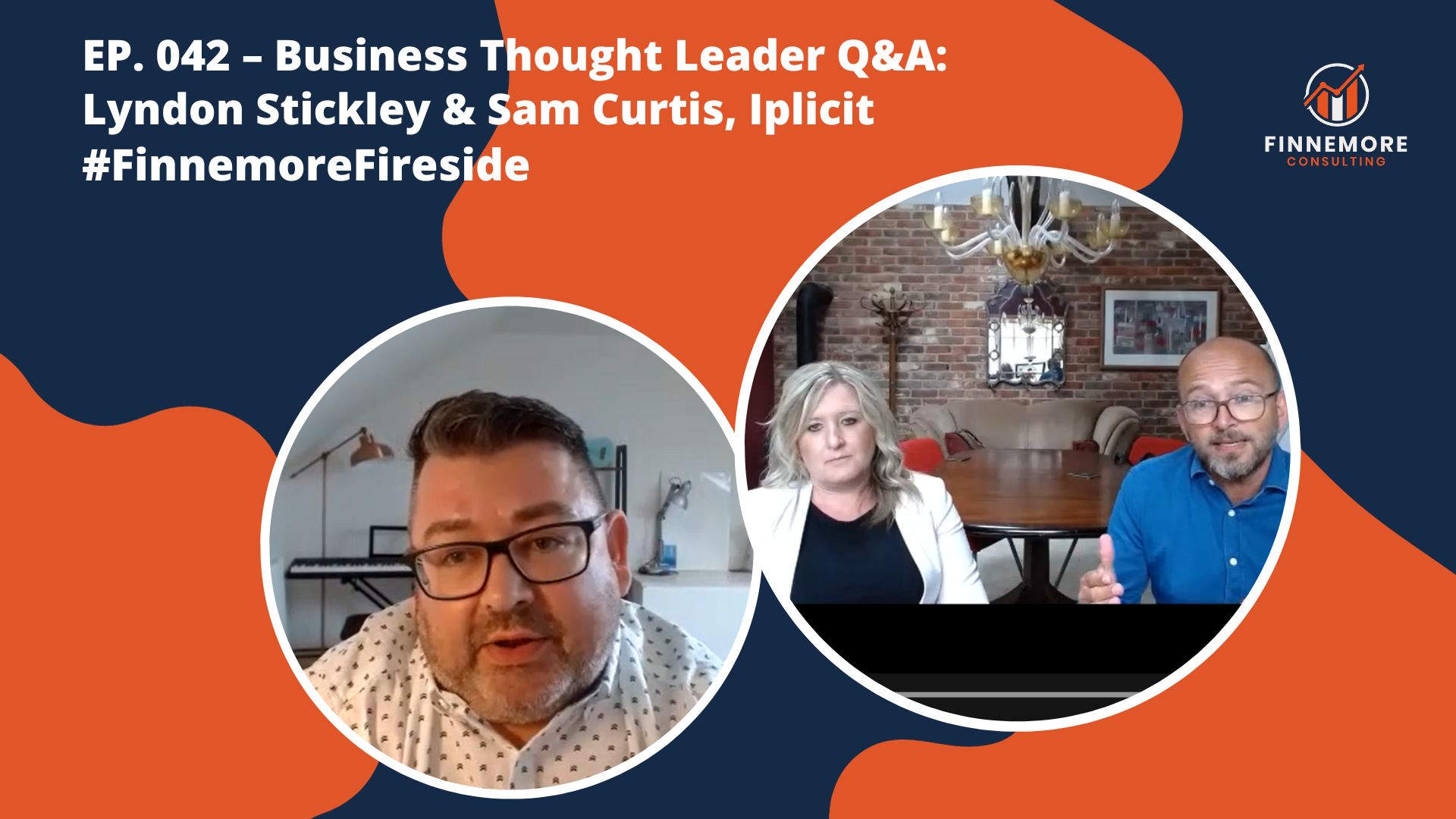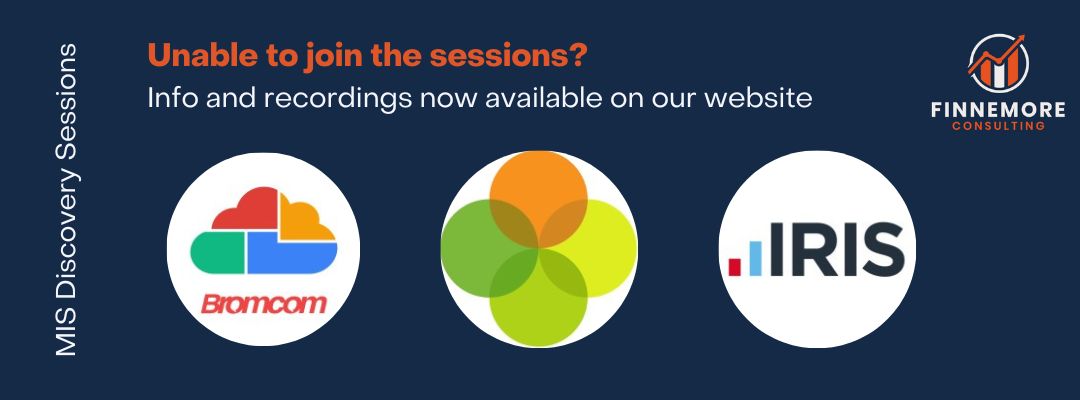Across the education sector, the challenge of doing more with less is all too familiar. Every school in the UK is feeling the pinch so, for school leaders tasked with financial responsibility, it’s crucial to find innovative ways to save money without compromising educational quality.
Fortunately, while spending on technology is necessary each year in schools, there are strategies that can help. Here are four ideas for schools to trim their technology budgets and make every pound count.
-
Refurbished Technology
When it comes to technology, staying current can be costly. However, schools can significantly cut costs without sacrificing quality by embracing and refurbished technology. It’s often at a fraction of the price of brand-new versions and, ensuring they have long warranties, these devices provide a cost-effective solution that stands the test of time. It’s a smart way to keep your technology up to date without breaking the bank.
-
Strategic Procurement: Partner for Savings
Schools can unlock significant savings by forming partnerships with trusted technology providers. For example, the Scomis school support team has created their own ScoStore which uses a network of partners who are committed to delivering the best value options, ensuring that schools receive the highest quality products at the best prices. Collaborating with these partners can lead to bulk purchase discounts and exclusive offers, driving down technology acquisition costs.
-
Software Licensing Optimisation: Pay for what you use
Schools often find themselves overpaying for software licenses they don’t fully utilise. Conduct a thorough audit of your software licenses to identify unused or redundant subscriptions. Take a look at all the solutions you do use and evaluate if there is a need for separate licences, or could they be rationalised and a single solution be used for everything instead? By optimising your software usage, you can reduce licensing costs, allowing you to allocate resources more efficiently.
-
Energy efficiency = lower operational costs
Embracing energy-efficient technology not only reduces your school’s environmental footprint but also trims operational expenses. Consider switching to energy-efficient LED lighting, upgrading to ENERGY STAR-rated appliances, and implementing automated heating and cooling systems. These changes can result in substantial savings on your energy bills over time.
In the face of tightening budgets, school leaders must be resourceful in managing technology spending. From refurbished technology and strategic procurement to software optimisation and energy efficiency, these strategies empower schools to reduce costs while focusing on delivering for learners. By adopting approaches such as these, you can ensure that every pound spent is going towards a brighter, more cost-efficient future for your school.











